Is Natural Skincare Really Better? The Truth No One Tells You

We’ve all faced that moment. The endless scroll online is stared at, with two serums looking almost identical. One bottle is dressed up with a leafy badge that says “100% natural,” while the other carries a list of ingredients that can barely be pronounced. And just like that, the thought is slipped in: the natural one should probably be safer.. It’s safer, Cleaner and Healthier.
But is it really?
Here’s the truth no one really spells out for you: natural skincare isn’t automatically better for your skin. Sometimes it’s great, sometimes it’s often used more as a marketing hook than given as any scientific assurance. What “natural” really means in skincare is rarely made clear, so it’s worth looking at where it works well, where it falls short, and how better choices can be made for your skin without getting swept up in the hype.
What Does “Natural Skincare” Actually Mean?
Here’s the first problem: “natural skincare” doesn’t have a universal definition. Unlike words like organic (which are regulated in food), the word natural in beauty is pretty much up for grabs.
-
For some brands, natural, plant-based extracts.
-
For others, natural means no parabens, sulfates, or “chemicals.”
- For some people, the idea of “natural” is simply understood as having fewer lab-created ingredients.
When “100% natural” is printed across a bottle, it shouldn’t be assumed that safety, quality, or effectiveness are guaranteed. More often, it is simply being used as a marketing choice by the brand.
The Pros of Natural Skincare
Natural skincare has some solid upsides.
1. Gentle Botanicals
Soothing sensitive skin and calming irritation are often done by ingredients such as aloe vera, chamomile, green tea, and oat extracts. Their light and non-aggressive nature is why they are often trusted and preferred
2. Fewer Harsh Additives
Many natural-focused brands avoid sulfates and parabens, which can be irritating for some skin types.
3. Eco-Friendly Appeal
Well, there is also an environmental angle. Natural skincare often uses recyclable packaging or eco-conscious branding. For eco-minded shoppers, this matters a lot.
4. A “Back to Basics” Approach
People like the simplicity of knowing what’s inside their products. A label that says coconut oil feels more trustworthy than one filled with names you can’t pronounce.
The Cons of Natural Skincare (What No One Tells You)
Here’s where the cracks start to show.
1. Natural does not mean Hypoallergenic
Just because it’s natural doesn’t mean your skin will love it. Poison ivy is natural. So is lemon juice. And trust me, you don’t want either one of these on your face.
2. Shorter Shelf Life
Without strong preservatives, many natural products spoil faster. That fancy $40 “all-natural” cream? It might go bad in three months if you’re not careful.
3. Less Potent Results
Not every natural ingredient has the same punch as its synthetic counterpart. For example, some “natural” moisturizers rely on aloe vera or plant juices for hydration. They feel soothing but can’t hold water in the skin as effectively as lab-created hyaluronic acid.
4. Greenwashing Is Real
A lot of “natural” products are really just clever marketing. They highlight one plant extract on the front label while hiding less-natural ingredients at the bottom of the list.
Natural vs Synthetic Skincare:
Let’s be real. Natural and synthetic aren’t enemies. They’re just different approaches, and both have pros and cons.
|
Category |
Natural Skincare |
Synthetic Skincare |
|
Effectiveness |
Works gently, but sometimes it is weaker |
Often more potent (e.g., retinol, peptides, niacinamide) |
|
Safety |
May cause allergies, unstable without preservatives |
Extensively tested, usually more consistent |
|
Stability |
Spoils faster, can lose potency quickly |
Longer shelf life, stable formulations |
|
Eco Factor |
Sustainable sourcing is possible, but not always |
Can be eco-friendly too (lab-made avoids over-harvesting plants) |
Bottom line? Neither is automatically “better.” What matters is the formulation.
Common Natural Ingredients That Can Irritate Skin
Here’s where natural can bite back.
-
Essential Oils: Tea tree, lavender, and citrus oils can cause redness, burning, or sensitivity.
- Coconut Oil: A favorite in DIY skincare, but highly comedogenic
-
Apple Cider Vinegar: Instagram loves it, dermatologists don’t. It disrupts your skin’s pH and can cause burns.
- Lemon Juice: Harsh, photosensitizing, and damaging to the skin barrier.
Moral of the story: “natural” doesn’t mean safe for your skin.
The Myth of “Chemical-Free” Skincare
Let’s clear this up once and for all: everything is a chemical. Water? Chemical. Oxygen? Chemical. That avocado you mashed into a face mask? Yup, also made of chemicals.
The phrase chemical-free is a pure marketing gimmick. The real question isn’t “Does it have chemicals?” but rather:
-
Is the product well-formulated?
-
Is it safe for long-term use?
- Has it been tested for irritation and stability?
What Really Matters: Formulation & Testing
This is the part most skincare marketing conveniently skips. A product’s safety and effectiveness have way less to do with whether it’s natural or synthetic, and everything to do with how it’s made.
-
Preservatives keep products safe from bacteria and mold (yes, you want them).
-
Stability testing ensures your serum won’t lose its power in two weeks.
- Dermatological testing shows whether it’s likely to irritate your skin.
A lab-made formula can be gentler and safer than a poorly formulated “all-natural” one.
How to Choose the Right Products for Your Skin
So, what should you actually do when faced with that skincare aisle dilemma?
Here are some quick tips:
-
Check the ingredient list, not just the label. Don’t be fooled by “natural” claims on the front. Flip the bottle.
-
Know your skin type. Dry skin may love natural oils. Oily or acne-prone skin? Maybe not.
-
Patch test first. Even “gentle” botanicals can cause reactions.
-
Look for broad-spectrum protection in sunscreens. (Natural or not, SPF is non-negotiable.)
-
Find balance. You don’t have to choose all-natural or all-synthetic. A mix often works best.
Final Thoughts: Don’t Fall for the Hype
Natural skincare isn’t the villain. But it’s also not the magical hero it’s marketed as. Like most things in beauty, the truth is somewhere in the middle.
Think of your routine like your diet. Eating vegetables is great. But that doesn’t mean everything you eat has to be raw and organic to be healthy. Sometimes a supplement, or a carefully formulated product from a lab, does the job better.
So next time you’re shopping, don’t let the leafy-green label make the decision for you. Look at the formula, know your skin, and choose products that work, natural, synthetic, or somewhere in between.
And hey, if your moisturizer happens to come with a “natural” badge and it works for you? Great. If not? That’s fine too. Your skin won’t know the difference, but it will thank you for choosing smart



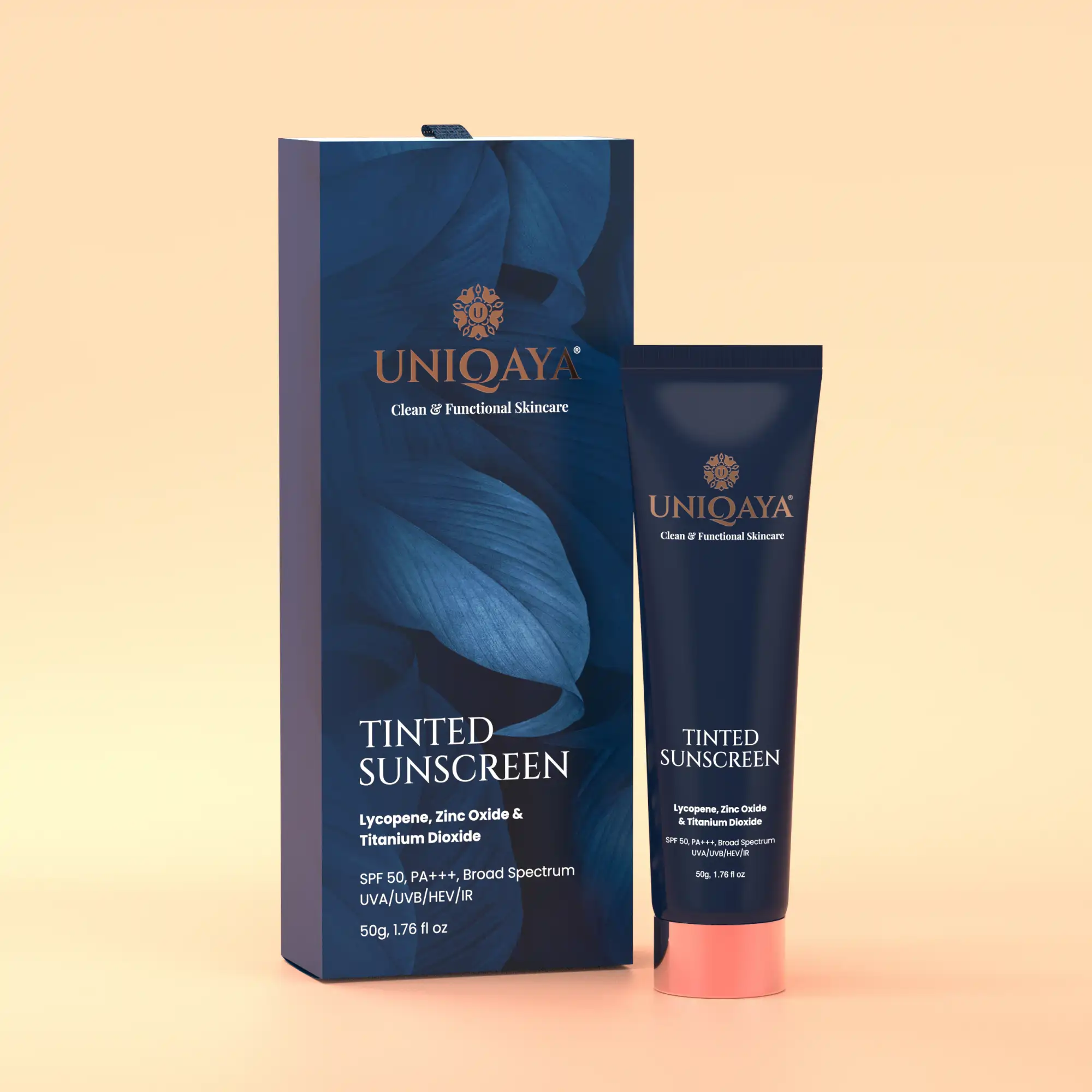
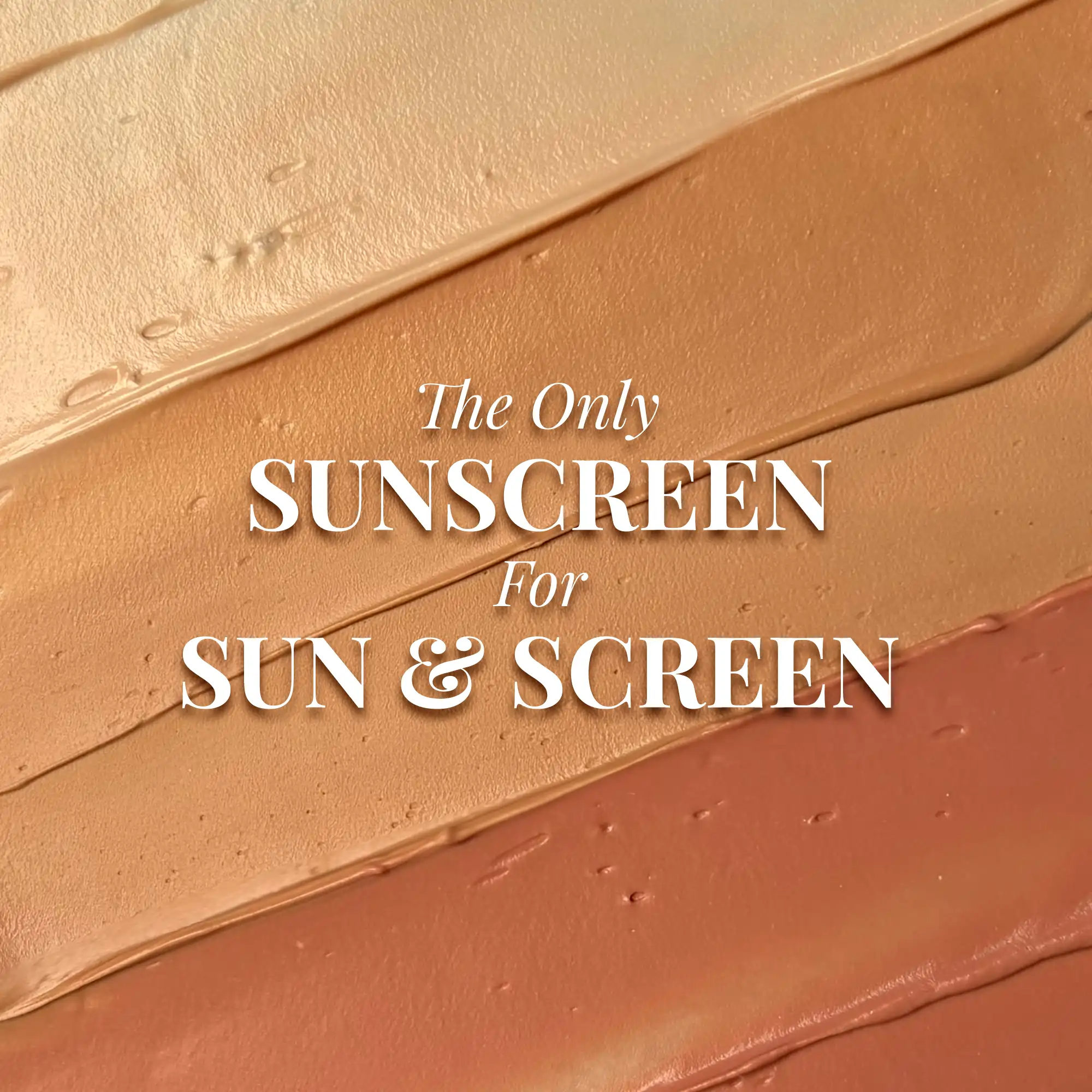
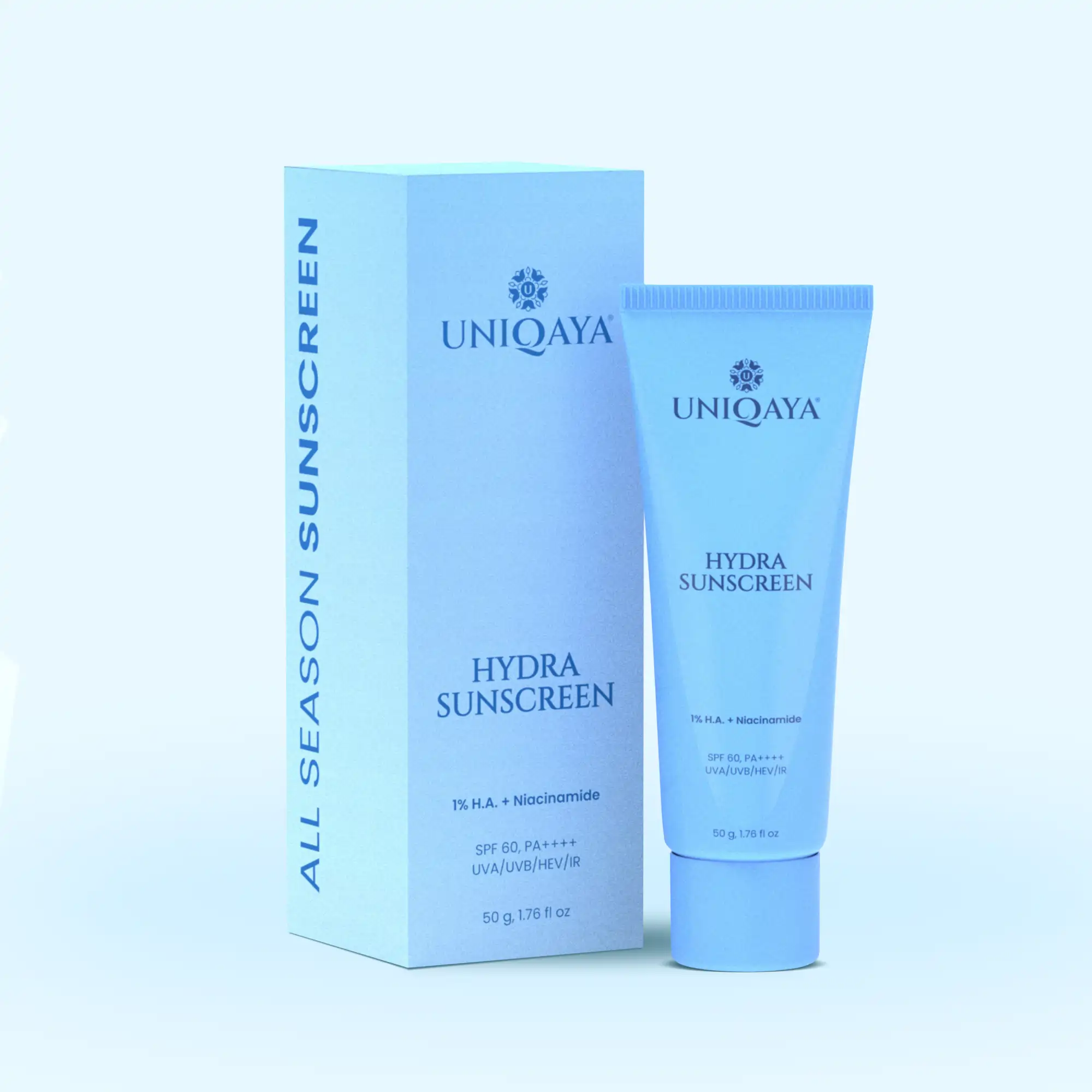

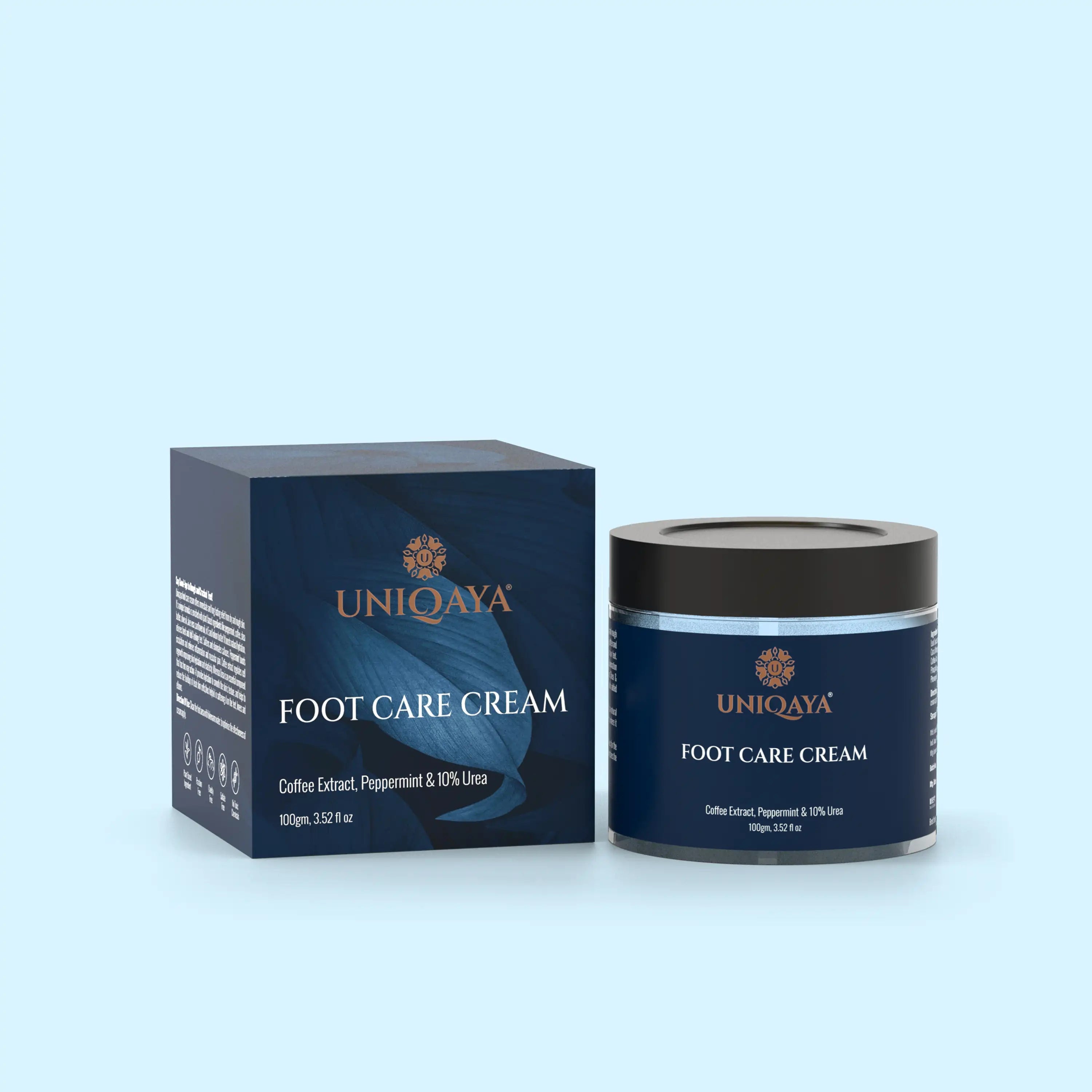
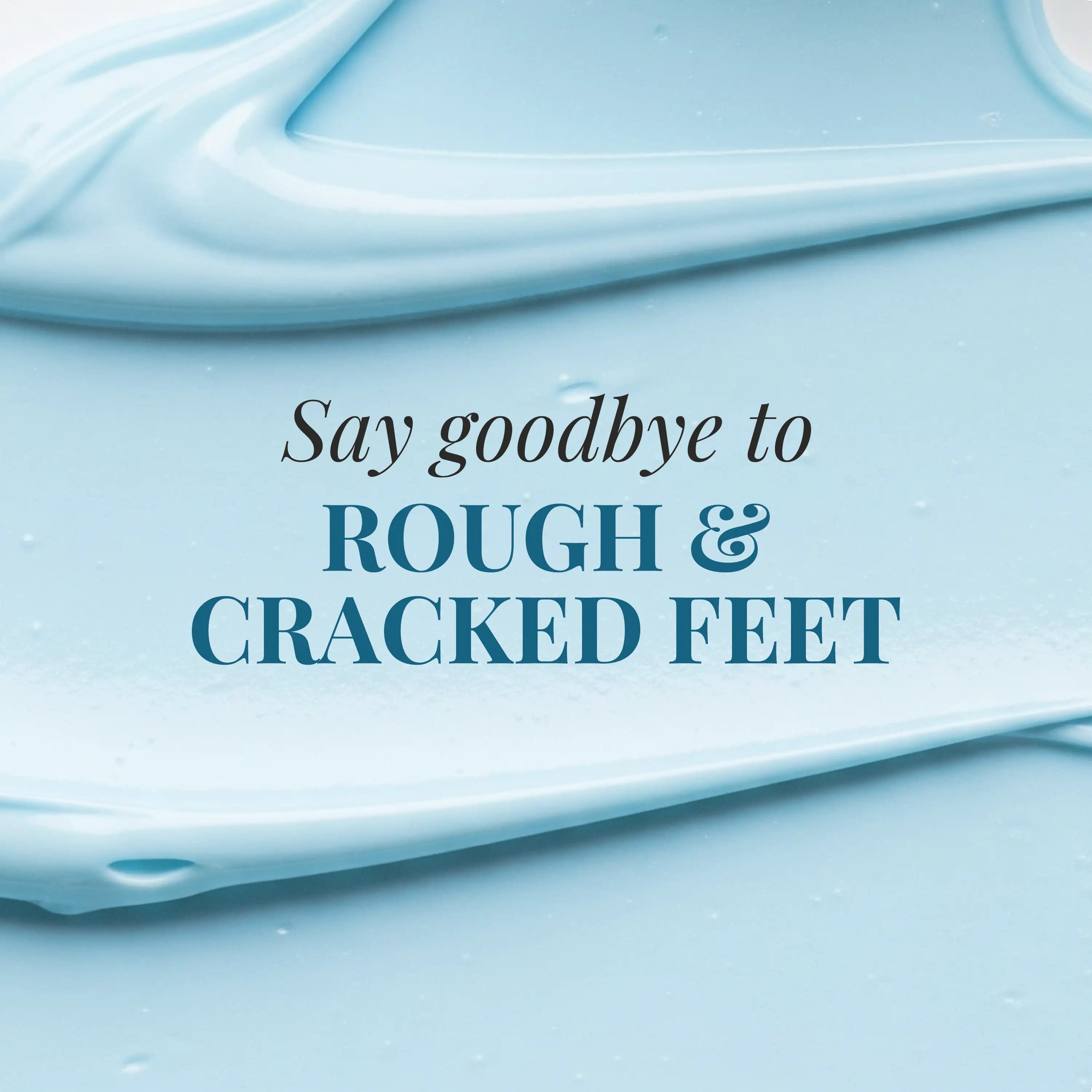
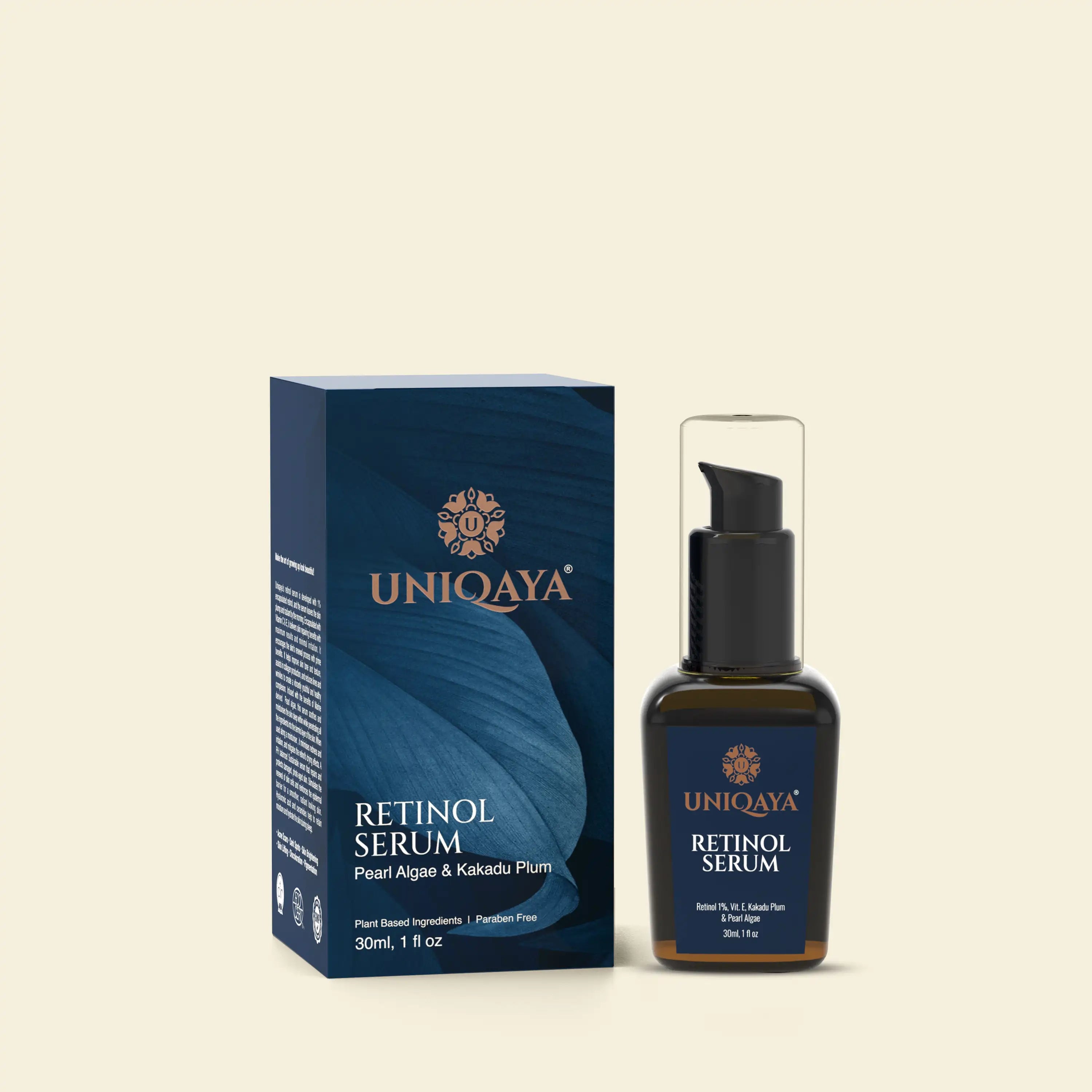
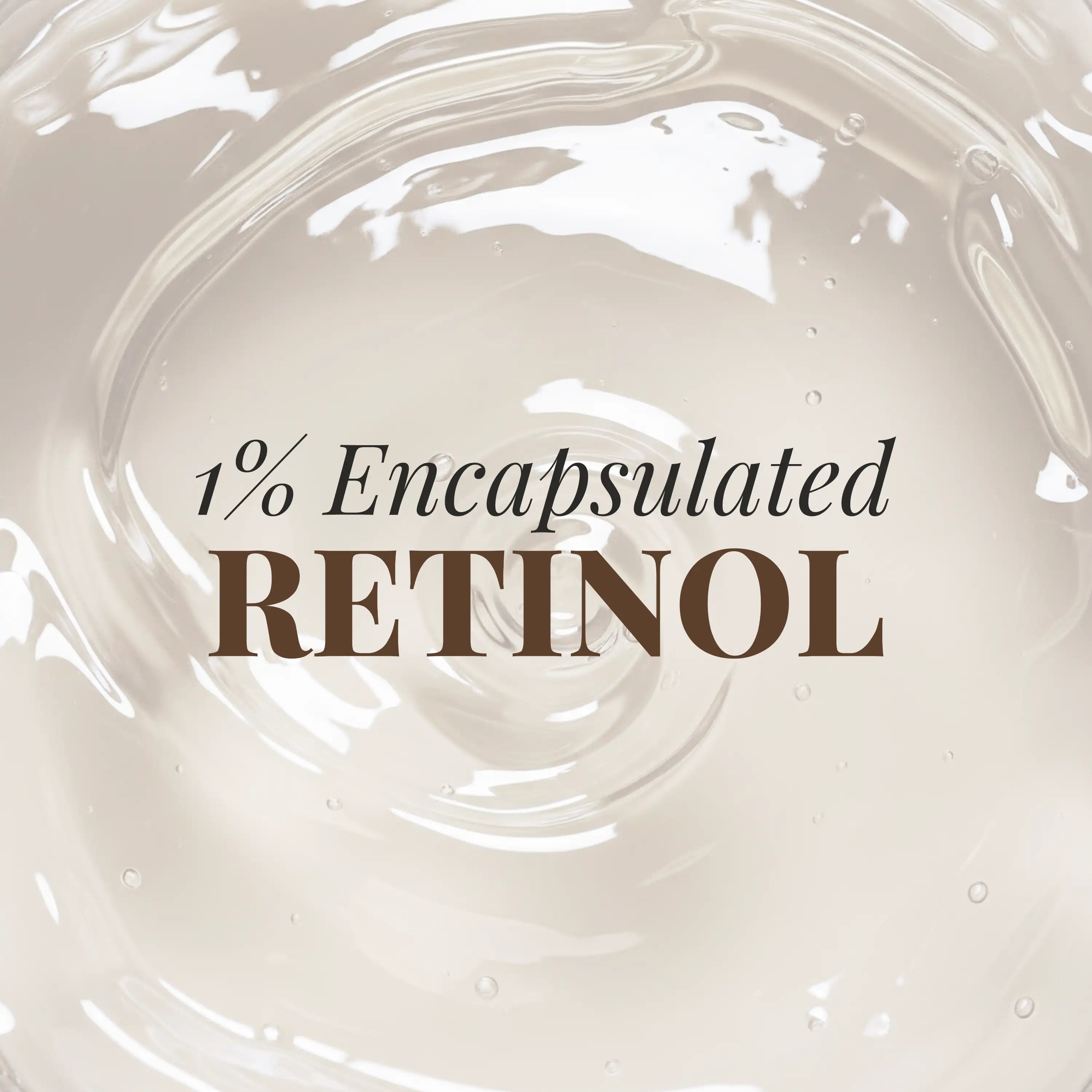
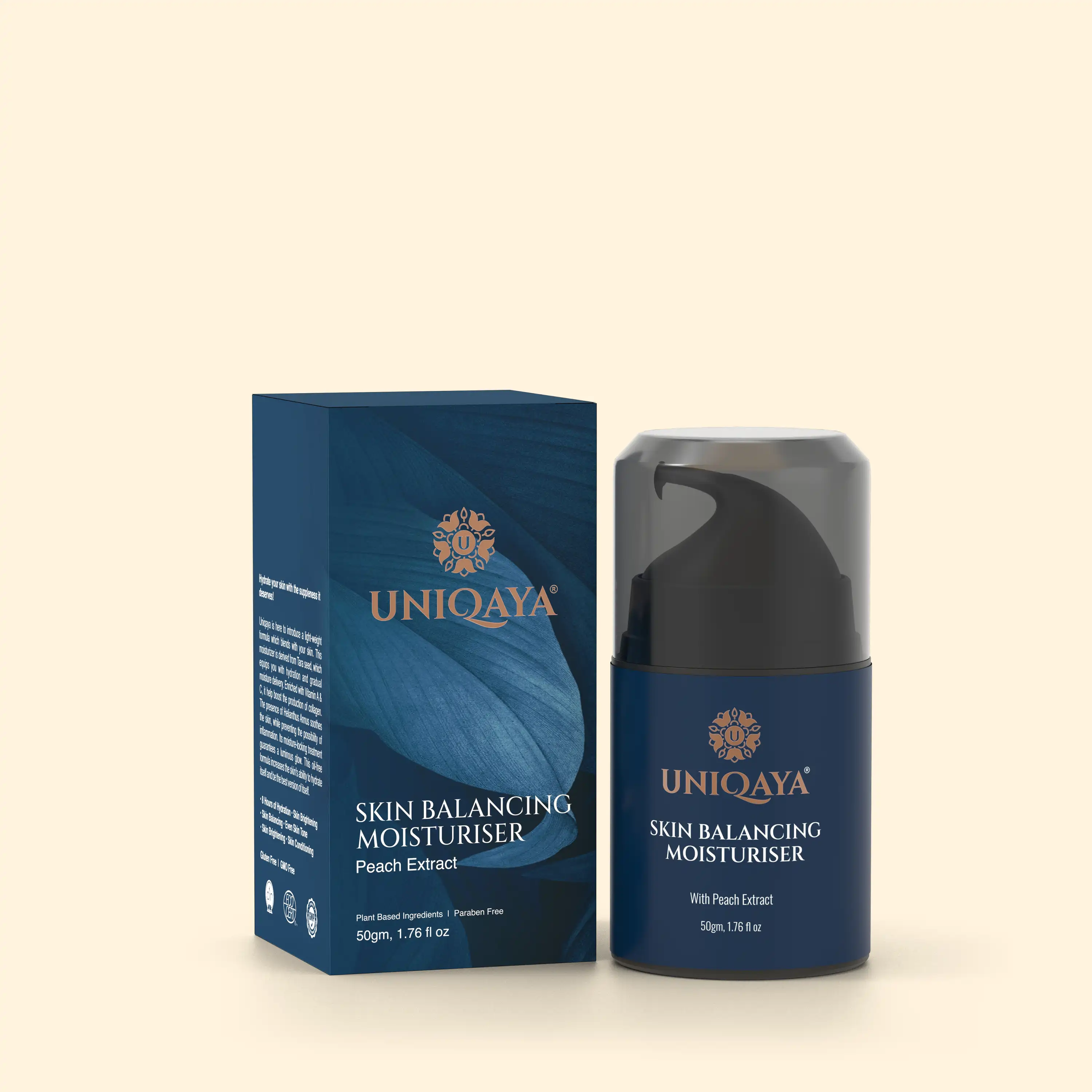
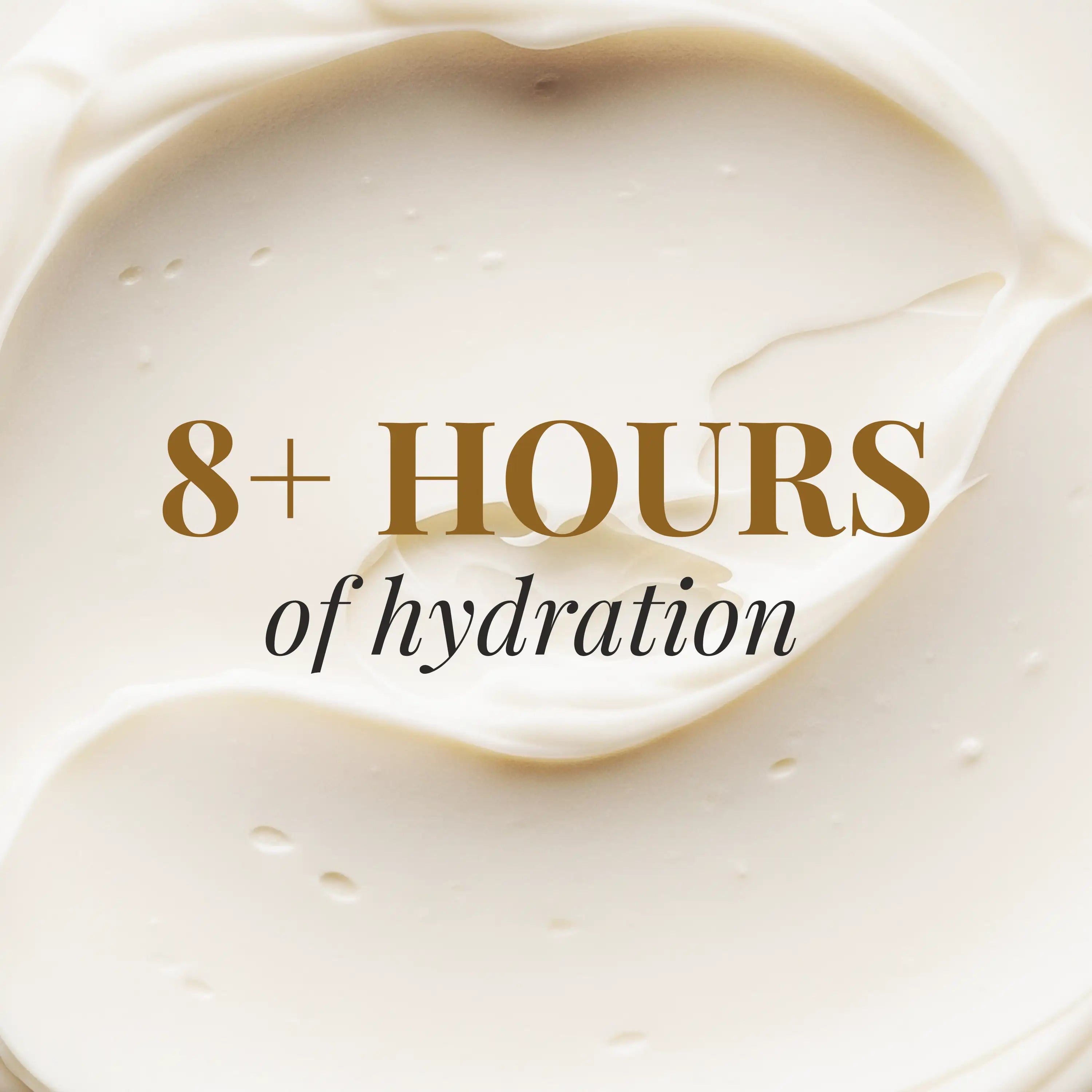
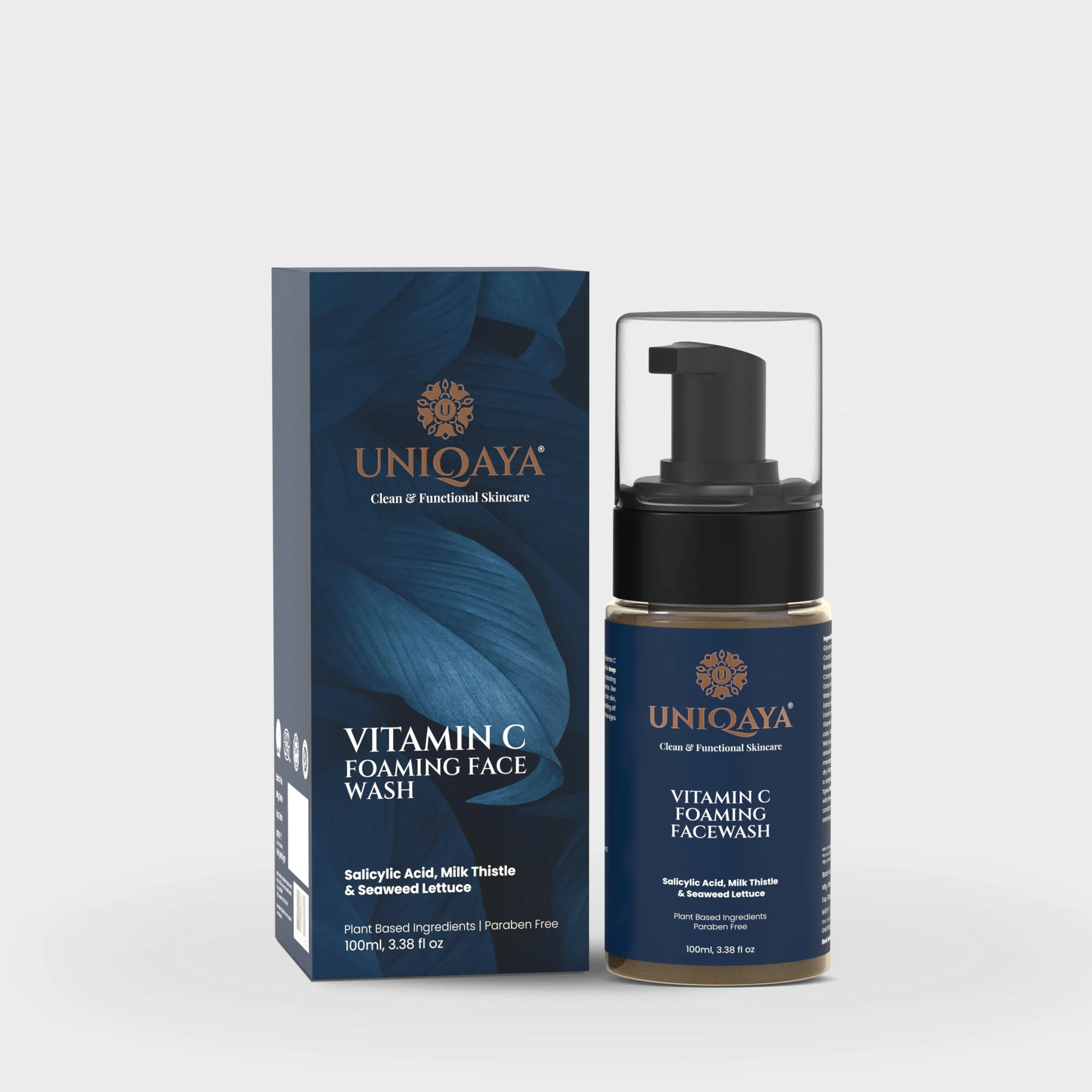
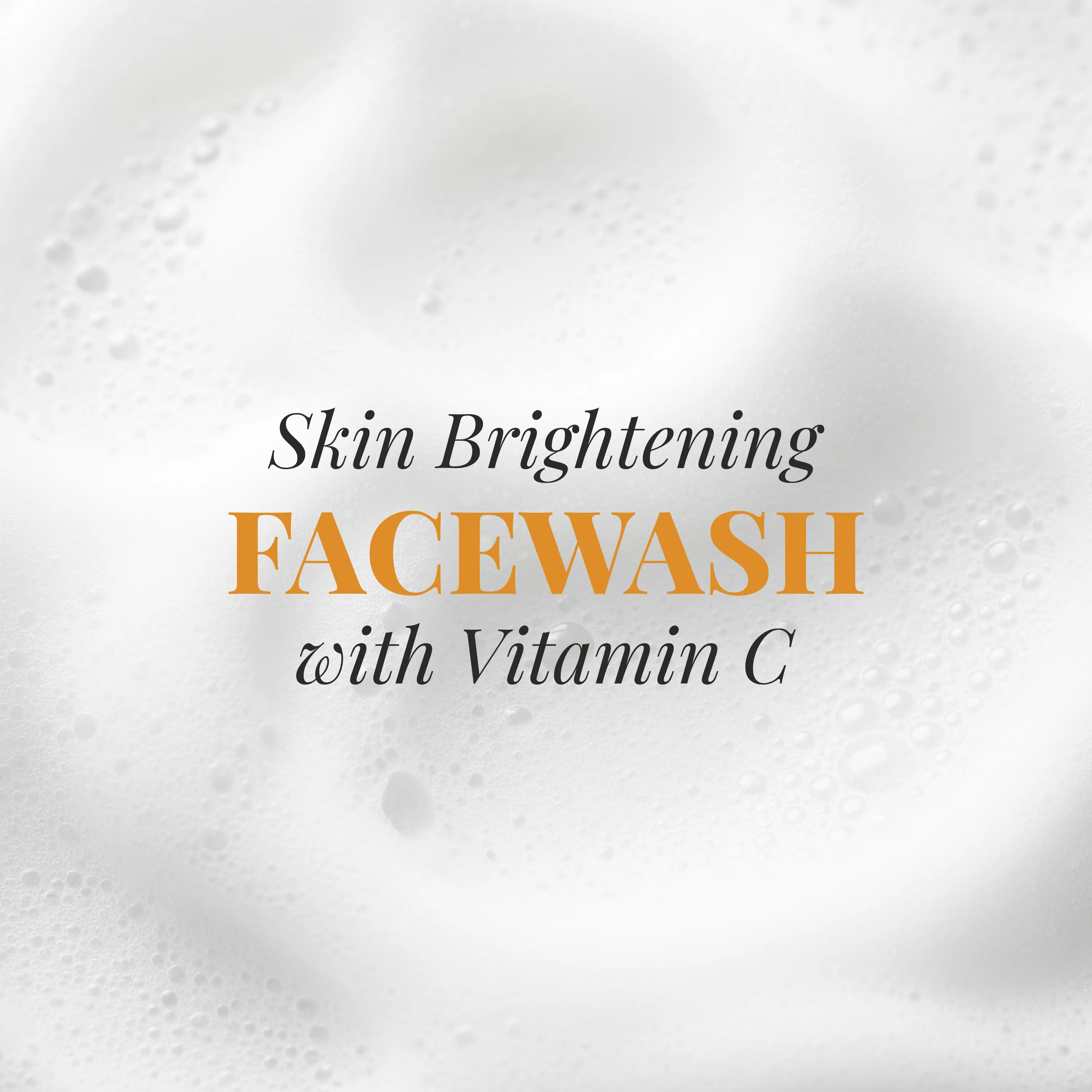
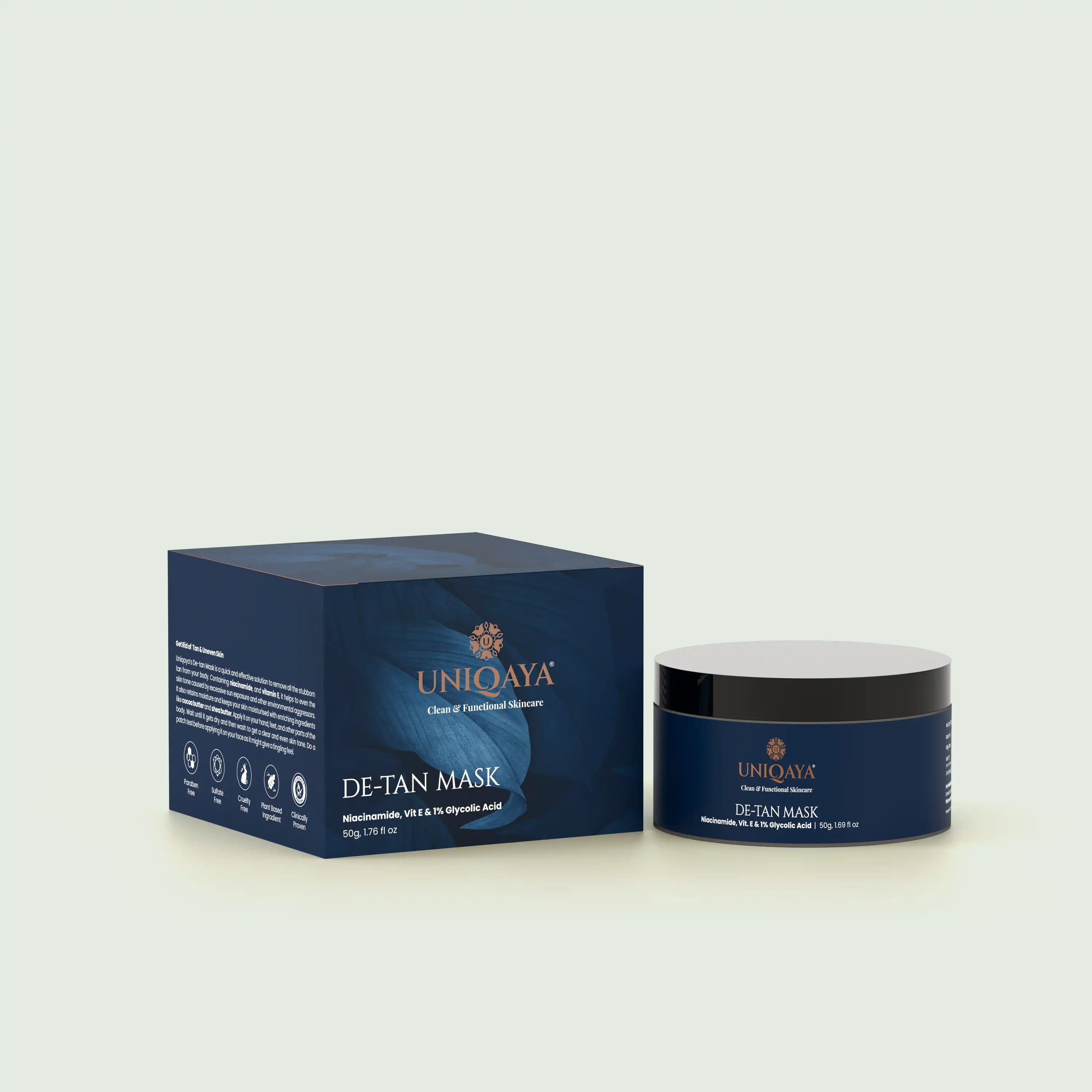
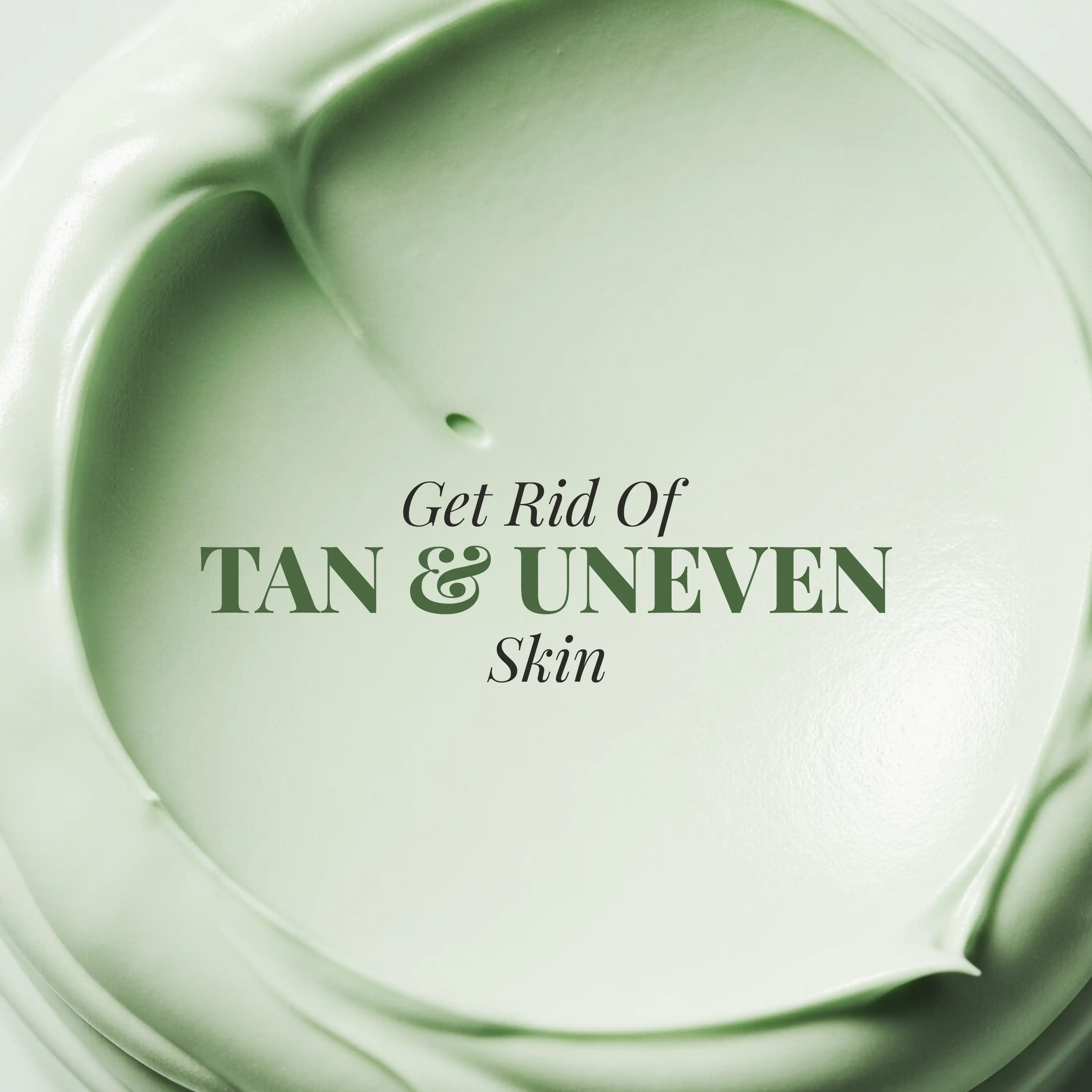
Leave a comment